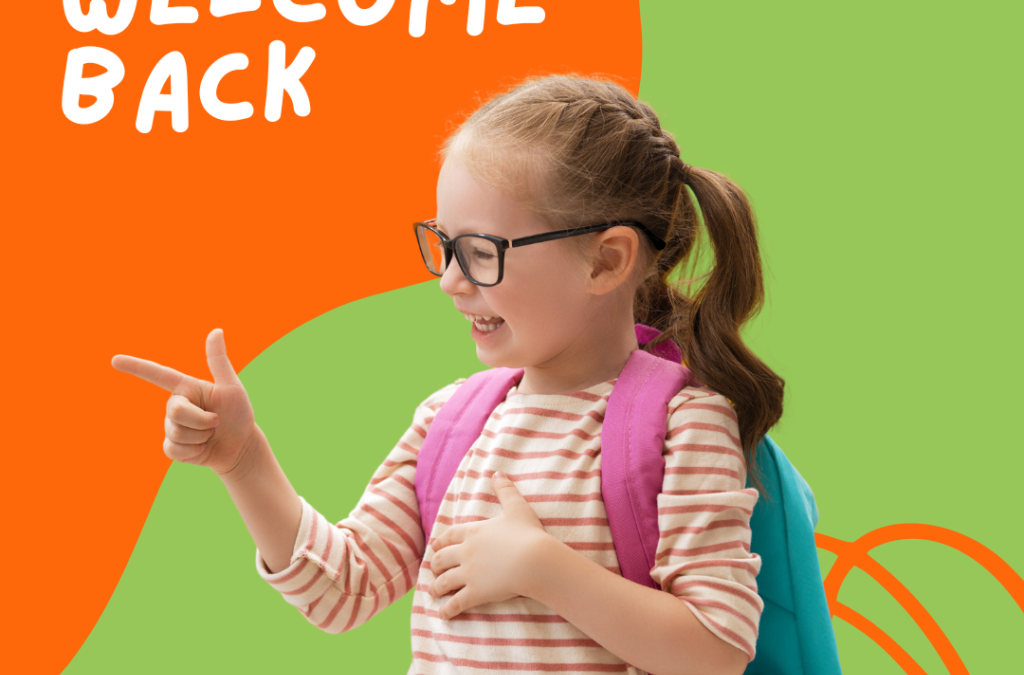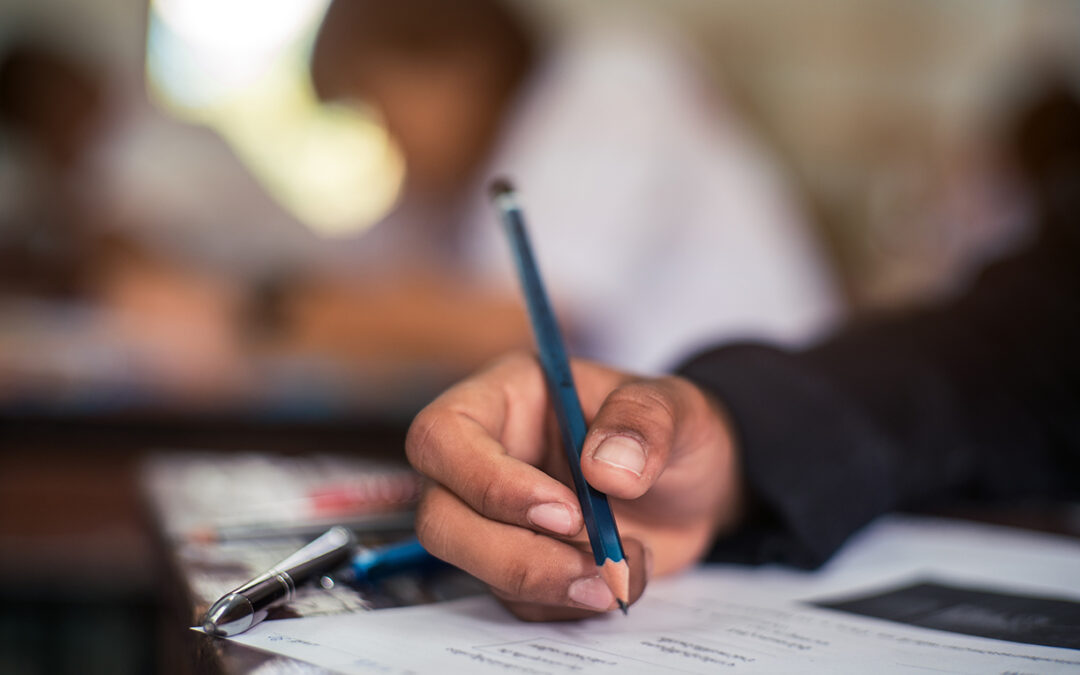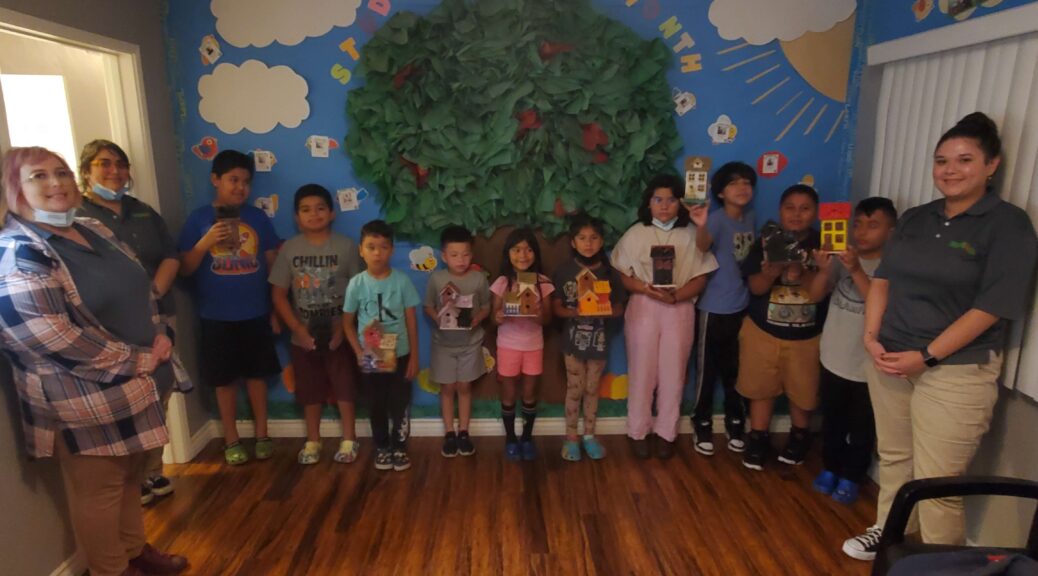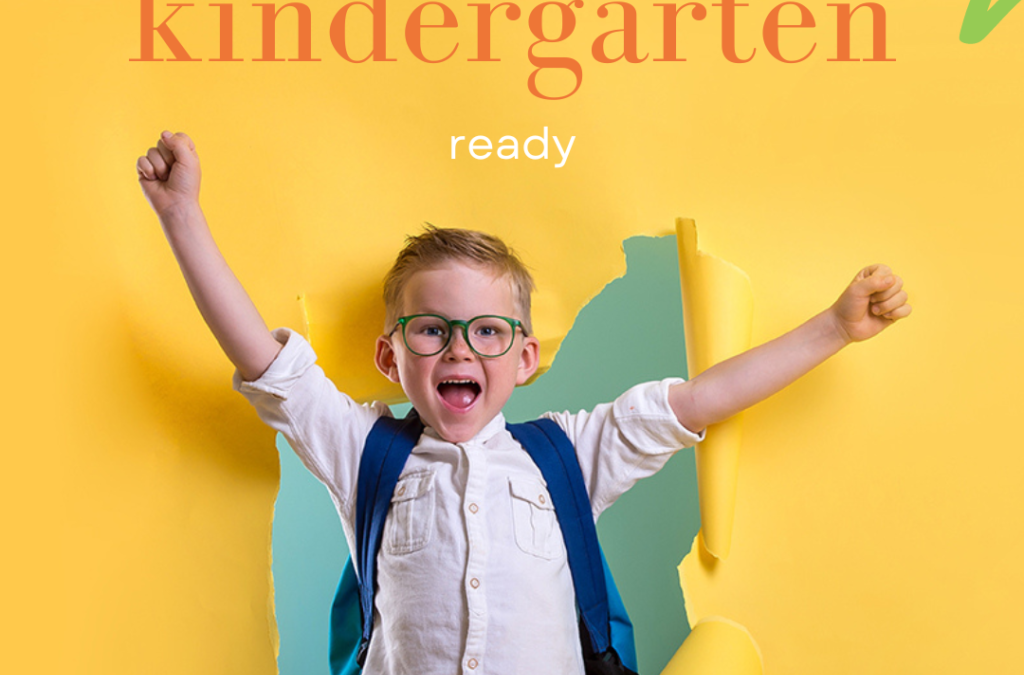Los Angeles Math Tutoring at Tutoring4Less vs. Kumon
In Los Angeles, a significant number of students at the elementary and middle school levels struggle with math. According to recent reports, only about 40% of students in these grades meet or exceed the state’s math standards. In other words, more than half of the...

Back to School with Tutoring4Less: A Journey to Academic Excellence!
Back-to-school in Los Angeles is an exciting time for both parents and elementary students. While the summer sun continues to warm the city, it’s time to switch gears and prepare for the upcoming school year. As parents of elementary students, you’re tasked with a...

Why PSAT Scores Matter and How Tutoring4Less Can Help You Earn A Top Score
PSAT is considered a right of passage for high school sophomores or juniors, and is given by many schools during the school day. While some students take time to prepare for it, many students and parents view it just as “another standardized test” and don’t bother...
Help For Elementary-Aged Children Struggling With Reading
At Tutoring4Less, we know that the early years of a child's education are crucial for laying the foundation for future success in reading and academics. According to the Department of Health and Human Services, early childhood experiences from birth to age 8 affect...

Los Angeles Learners: Turning After-School Hours into Academic Superpowers!
As parents, we all want the best for our children when it comes to their education. The elementary school years are a crucial foundation for a lifetime of learning. According to The Annie E. Casey Foundation, the annual average learning gain for students in...

Exciting News for South Gate Parents!
The City of South Gate is all about supporting local businesses and education, and here's an amazing opportunity for you to be part of this noble cause! Introducing the South Gate Shop SG Gift (BOGO) Card Program! When you buy a gift card online from participating...

A Summer Like No Other
Picture this: the sun is shining, and kids are buzzing with energy. What if we told you that this summer could also be a time of academic growth and personal achievement? Say hello to Tutoring4Less’ Summer 2023 Tutoring Program! Designed to keep the gears of learning...

How To Help Your Child Prepare For Kindergarten
Are you looking for ways to help your child prepare for kindergarten in Los Angeles? Kindergarten is a significant milestone in every child’s life, as it marks the beginning of their academic journey. As a parent in Los Angeles, you may wonder how to best equip your...

Finding the Best Summer Program For Your Child In 2022
Summer 2022 is something we are all looking forward to and a summer program for your child is a big part of it. Whether your child is interested in STEM, art, sports, or a little bit of everything, Los Angeles has a program for everyone. But what should you choose if...

LAUSD Calendar for the 2024-25 School Year: Key Dates and Holidays
Welcome to the LAUSD Calendar for the 2024-25 school year! Stay organized and plan ahead with important dates and holidays for the upcoming academic year. Whether you’re a student, parent, or educator, this comprehensive calendar will help you stay informed and make...
